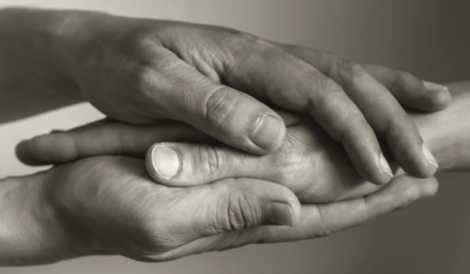- Posted on

Anxiety is a common and natural response to stress or perceived threats, but when it becomes overwhelming or disruptive to daily life, it can have a profound impact on mental health and well-being. Let´s look at the nature of anxiety, strategies for managing panic and anxiety attacks and the importance of seeking support without shame or stigma.
- Understanding anxiety: Anxiety is a normal human emotion characterised by feelings of apprehension, worry or fear. It can manifest in response to specific situations or be more generalised, affecting various aspects of life. While some level of anxiety is normal and can even be beneficial in motivating action, excessive or prolonged anxiety can be debilitating and interfere with daily functioning.
- Recognising panic and anxiety attacks: Panic attacks are intense episodes of fear or discomfort accompanied by physical symptoms such as rapid heartbeat, shortness of breath, chest pain, trembling and dizziness. They often occur suddenly and unpredictably, leading to a sense of impending doom or loss of control. Anxiety attacks, on the other hand, involve prolonged periods of heightened anxiety or panic symptoms triggered by specific stressors or triggers.

- Managing panic and anxiety attacks:
- Deep breathing and relaxation techniques: Practise deep breathing exercises, progressive muscle relaxation or mindfulness meditation to calm the body and mind during times of heightened anxiety.
- Grounding techniques: Engage your senses by focusing on your surroundings, such as naming objects you see, feeling the texture of surfaces or listening to soothing sounds, to help anchor yourself in the present moment.
- Positive self-talk: Challenge negative thoughts and replace them with more realistic and empowering statements. Remind yourself that anxiety is temporary and that you have the strength and resilience to cope with it.
- Seeking safety and support: Create a safe space where you can retreat during times of distress. Reach out to trusted friends, family members or mental health professionals for support and reassurance. Having a support network can provide validation, encouragement and practical assistance in managing anxiety.
- Breaking the stigma: It is essential to recognise that experiencing anxiety or panic attacks does not signify weakness or failure. Mental health challenges are common and can affect anyone, regardless of age, gender or background. By speaking openly about our experiences and seeking help when needed, we break down the stigma surrounding mental health and create a culture of acceptance and support.

- Seeking professional help: If anxiety or panic attacks significantly impact your daily life or quality of life, consider seeking professional help from a therapist, counsellor or psychiatrist. Cognitive-behavioural therapy (CBT), medication and other evidence-based treatments can provide effective strategies for managing anxiety and improving overall well-being.
Anxiety is a normal and understandable response to stress, but when it becomes overwhelming or debilitating, it is essential to seek support and assistance. By understanding the nature of anxiety, learning effective coping strategies for managing panic and anxiety attacks and breaking the stigma surrounding mental health, we can cultivate a culture of compassion, understanding and resilience. Remember, you are not alone, and asking for help is a sign of strength, not weakness.



